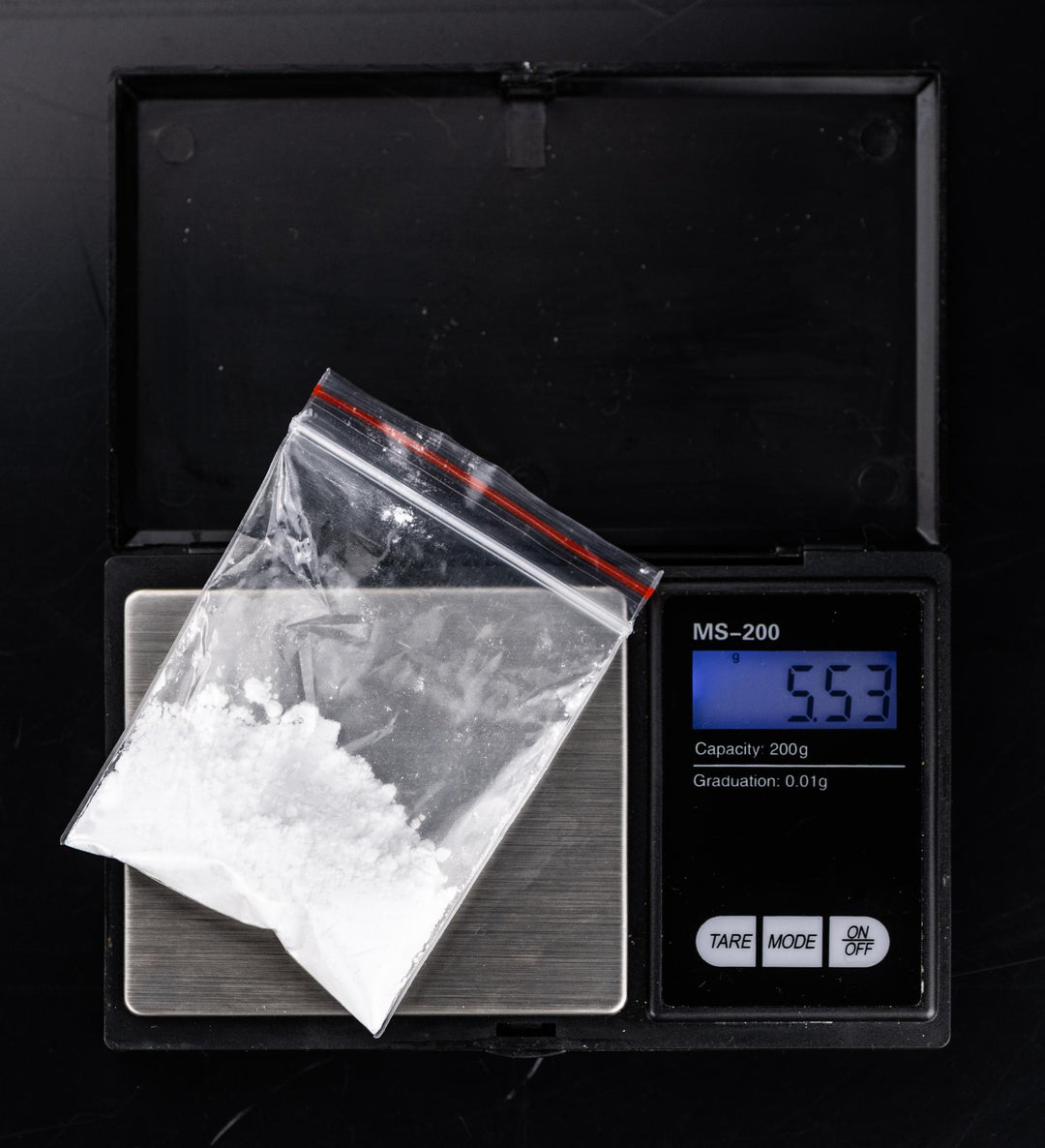Speed effects – What you should know
Speed, also known as amphetamine, is a stimulant drug that puts both body and mind into overdrive. Many people use it to feel more alert, stay awake longer, or experience euphoria. But what exactly happens in the body?
In this article, you'll learn how Speed works, how long its effects last, and what side effects may occur. We'll also discuss whether Speed is dangerous and how high the risk of addiction really is.
What are the effects of Speed?
Speed affects the central nervous system and releases large amounts of dopamine and noradrenaline. These neurotransmitters are responsible for alertness, motivation, and feelings of happiness.
Typical effects of speed:
- Euphoria & good mood – Users feel confident and full of energy.
- Alertness & concentration – Fatigue disappears and attention increases.
- Talkativeness & activity – Many people feel more talkative and eager to do things.
- Appetite suppressant – Speed suppresses the feeling of hunger, which is why it is sometimes misused for weight loss.
These effects can be intense, but they do not last forever. After the effects wear off, there is often a hard “crash” with exhaustion and low mood.


How long do the effects of Speed last?
The duration of Speed effects depends on the dose, method of consumption, and individual metabolism.
Typical course of effects:
- Onset of effects: 20–60 minutes after consumption
- Peak effects: After 1–3 hours
- Duration of effects: 4–8 hours, sometimes longer
- The “crash”: As the effects wear off, exhaustion, irritability, and lack of motivation are common
Because Speed puts significant strain on the body, it can be difficult to fall asleep or relax after use. Many people experience a phase of exhaustion that can last 24 hours or longer.
Side effects of Speed
In addition to the desired effects, speed comes with many unwanted side effects. While use initially provides energy and euphoria, the body reacts with rapid heartbeat, sweating, and trembling. Many also report jaw clenching and muscle tension, as speed causes the muscles to tighten.
Psychologically, the drug can also be stressful. Anxiety, restlessness, and irritability are common side effects, especially as the effects wear off. Some users also experience hallucinations or paranoia, particularly at high doses or with regular use. Speed also often leads to sleep problems, which further intensifies the exhaustion after the “high.”
Is speed dangerous?
Yes, speed can be dangerous—both in the short and long term. Immediately after use, it can cause cardiovascular problems, high blood pressure, and overheating. Mixing it with other drugs or alcohol is especially risky, as this increases the strain on the body and can trigger unpredictable reactions.
In the long run, speed can cause serious damage. Continuous use puts significant stress on the body, which can lead to heart problems, nerve damage, and persistent exhaustion. Psychological effects such as anxiety disorders, depression, or psychosis are also possible. Particularly dangerous: many people underestimate its addictive potential and can slip into dependence without realizing it.

Conclusion: Speed – Risk instead of Thrill
Speed provides energy, alertness, and euphoria—but the risks should not be underestimated. The effects may seem tempting, but the side effects and long-term consequences can be severe. From heart problems and mental disorders to addiction—the danger is real.
Especially tricky: The supposed performance boost often leads to a cycle of use and exhaustion. Anyone who uses speed regularly risks long-term damage to both body and mind. So, no matter how tempting the high may be—the risks outweigh the benefits.



